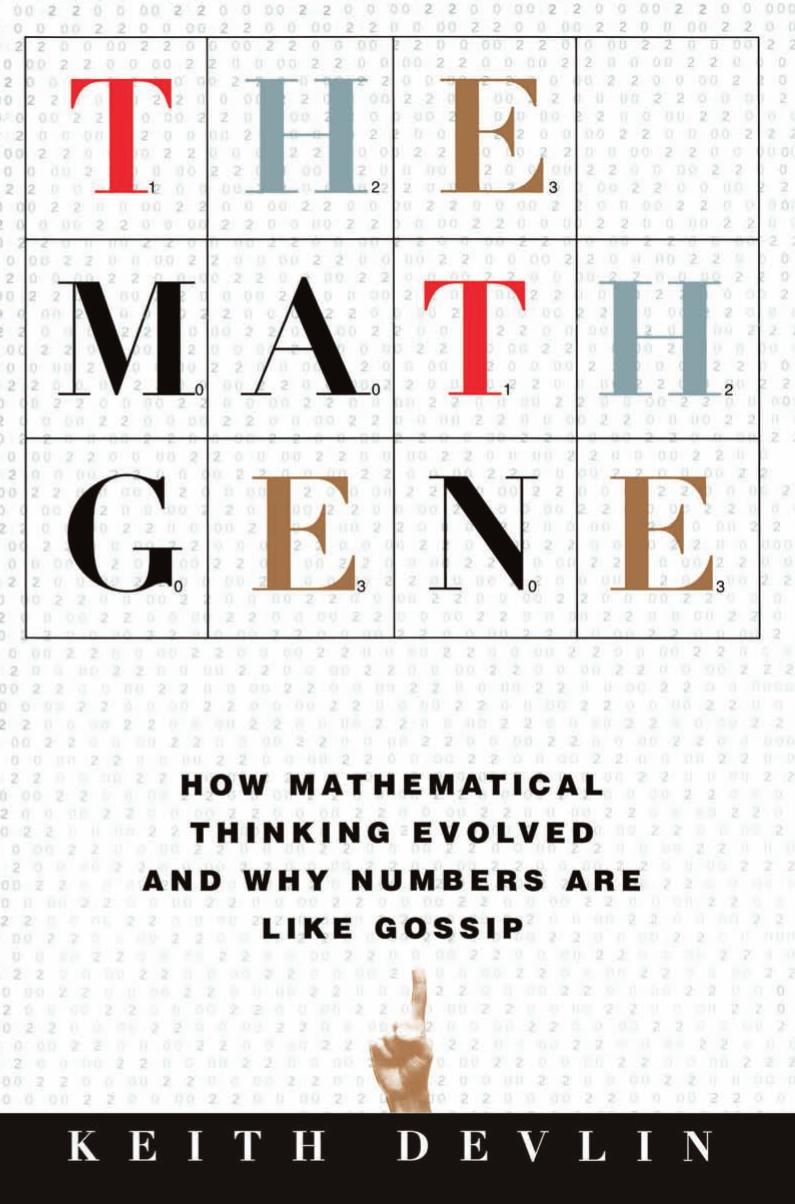

Most ebook files are in PDF format, so you can easily read them using various software such as Foxit Reader or directly on the Google Chrome browser.
Some ebook files are released by publishers in other formats such as .awz, .mobi, .epub, .fb2, etc. You may need to install specific software to read these formats on mobile/PC, such as Calibre.
Please read the tutorial at this link: https://ebookbell.com/faq
We offer FREE conversion to the popular formats you request; however, this may take some time. Therefore, right after payment, please email us, and we will try to provide the service as quickly as possible.
For some exceptional file formats or broken links (if any), please refrain from opening any disputes. Instead, email us first, and we will try to assist within a maximum of 6 hours.
EbookBell Team

4.1
30 reviewsWhy is math so hard? And why, despite this difficulty, are some people so good at it? If there's some inborn capacity for mathematical thinking—which there must be, otherwise no one could do it —why can't we all do it well? Keith Devlin has answers to all these difficult questions, and in giving them shows us how mathematical ability evolved, why it's a part of language ability, and how we can make better use of this innate talent.
He also offers a breathtakingly new theory of language development—that language evolved in two stages, and its main purpose was not communication—to show that the ability to think mathematically arose out of the same symbol-manipulating ability that was so crucial to the emergence of true language. Why, then, can't we do math as well as we can speak? The answer, says Devlin, is that we can and do—we just don't recognize when we're using mathematical reasoning.